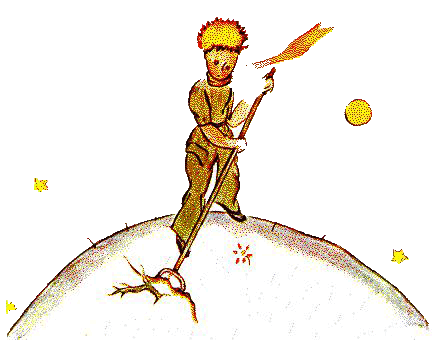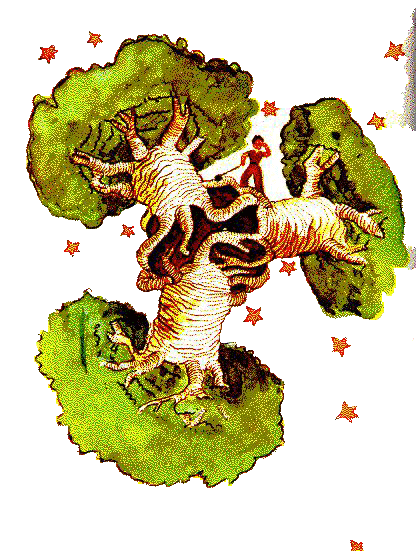The context of Plato
In 490-470 B. C. Sparta and Athens, forgetting their jealousies and joining their forces, fought off the effort of the Persians under Darius and Xerxes to turn Greece into a colony of an Asiatic empire. In this struggle of youthful Europe against the senile East, Sparta provided the army and Athens the navy. The war over, Sparta demobilized her troops, and suffered the economic disturbances natural to that process; while Athens turned her navy into a merchant fleet, and became one of the greatest trading cities of the ancient world. Sparta relapsed into agricultural seclusion and stagnation, while Athens became a busy mart and port, the meeting place of many races of men and of diverse cults and customs, whose contact and rivalry begot comparison, analysis and thought.
This is the common way among normies to see Sparta unaware that, unlike the Athens that was in process of miscegenation, thanks to the closed, collectivist society of the Spartans (and apparently the Thebans), they kept the Aryan race for centuries to such a degree that the beautiful female Spartans did not need makeup. Durant here inverts the values so to speak. But we must understand that secular neo-Christians like Durant share the ethnosuicidal, universalist ideals of the Christian. Regarding the first philosophers, Durant adds:
They asked questions about anything; they stood unafraid in the presence of religious or political taboos; and boldly subpoenaed every creed and institution to appear before the judgment-seat of reason. In politics they divided into two schools. One, like Rousseau, argued that nature is good, and civilization bad; that by nature all men are equal, becoming unequal only by class-made institutions; and that law is an invention of the strong to chain and rule the weak. Another school, like Nietzsche, claimed that nature is beyond good and evil; that by nature all men are unequal; that morality is an invention of the weak to limit and deter the strong; that power is the supreme virtue and the supreme desire of man; and that of all forms of government the wisest and most natural is aristocracy.
Here it is clear that the weed of egalitarianism appeared without Judeo-Christian influence, although in the days of Athenian youth it was easy to purge weeds.
 Since I was a child I liked Le Petit Prince, where the little blond had to constantly be weeding his planet, so that the weed would not grow in baobab as happened in other neighbouring planets. When I was in Grammar School and read the story of Saint-Exupéry, everything I saw in movies and television seemed like positive messages for the West and the race of little blonds. I never would have imagined that the weed would grow in my lifetime until the planet split in pieces.
Since I was a child I liked Le Petit Prince, where the little blond had to constantly be weeding his planet, so that the weed would not grow in baobab as happened in other neighbouring planets. When I was in Grammar School and read the story of Saint-Exupéry, everything I saw in movies and television seemed like positive messages for the West and the race of little blonds. I never would have imagined that the weed would grow in my lifetime until the planet split in pieces.
 Now there were some terrible seeds on the planet that was the home of the little prince; and these were the seeds of the baobab. The soil of that planet was infested with them. A baobab is something you will never, never be able to get rid of if you attend to it too late. It spreads over the entire planet. It bores clear through it with its roots. And if the planet is too small, and the baobabs are too many, they split it in pieces…
Now there were some terrible seeds on the planet that was the home of the little prince; and these were the seeds of the baobab. The soil of that planet was infested with them. A baobab is something you will never, never be able to get rid of if you attend to it too late. It spreads over the entire planet. It bores clear through it with its roots. And if the planet is too small, and the baobabs are too many, they split it in pieces…
Children, I say plainly, ‘watch out for the baobabs!’
One reply on “The Story of Philosophy, 3”
An aside, A few years ago, the nose gear of Saint-Exupéry’s P-38 was discovered in the Mediterranean sea and positively identified as belonging to his airplane. He took off in a “wreck” of an airplane to go on a photo recon mission and never returned.
His story reminds me of other French aeronautical legends like that of Georges Guynemer, (died 9/11/1917) France’s top scoring ace who went off on a mission never to return. No trace of either him or his SPAD, Vieux Charles was ever found. While school children had a song about how he flew so high he never came down, it is suspected he went down in no-man’s land where artillery shelling destroyed all traces.
Then there was Charles Nungesser and Francois Coli, two WWI pilots who survived the savagery of that war only to disappear in their plane the “L’Oiseau Blanc” during an east to west transatlantic crossing attempt made shortly before Lindbergh’s successful crossing.